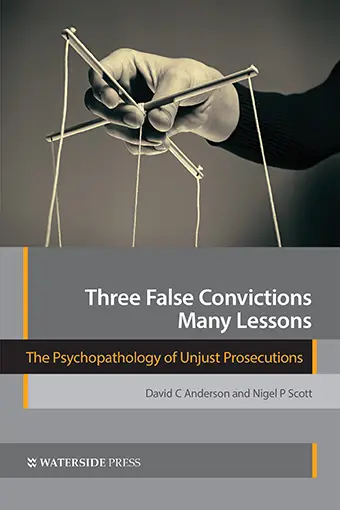
It is fine work, reads briskly and clearly, and is useful as an anatomy of why things go wrong in trials and sometimes terribly so. I knew a great deal about the Knox-Sollecito case, of course, and a bit about Kiszko, and very little indeed about Routier. I must say that the authorities in this last case are so breathtakingly awful, that they Mignini look comparatively benign.
Adlai Stephenson, who ran against Dwight Eisenhower in 1952 and 1956, once quipped that by the time one was in a position to run for President, one was by definition morally unfit for the job. The corollary to this, I would say, can be found in the way that CNE personalities work their way into the very professions for which they are least suited. Our systems of justice fatally on the idea that man is capable of reason and that reason can produce justice. Yet as research shows, and the elections here and the UK have confirmed, humans are not rational creatures.
But I do believe we still have to insist on this standard because the alternative–what Goya called the sleep of reason–does indeed breed monsters. I recall talking about the Knox-Sollecito case with a couple who are among our oldest friends here. Their daughter, a brilliant Yale educated young woman knew the case well and was extremely pro-innocence. Her mother, who happens to be executive director of the state bar, did not know the case well but was prepared to agree. But the father, also a lawyer, demurred somewhat. He wasn’t colpevolisti or anything like that, but he was sort of perspectivist in a way that I could not accept. That is to say, he accepted that people will view the evidence differently. One court may convict and another acquit, but who is to say which is right?
I answered as best I could to the effect that the very concept of justice inherently presupposed that there were better and worse ways of looking at evidence, and that those who cared about justice had to be prepared to define and defend standards of evaluating and interpreting it.
I think about this a lot and your book helped me think about it more clearly.
